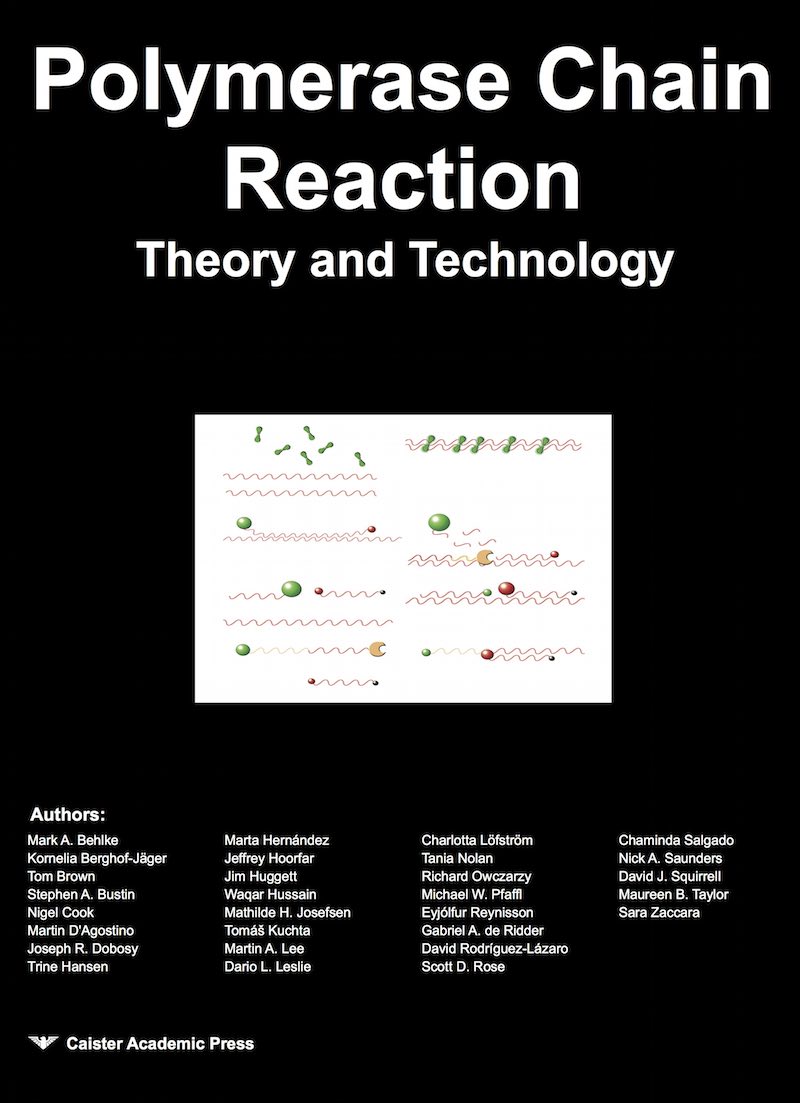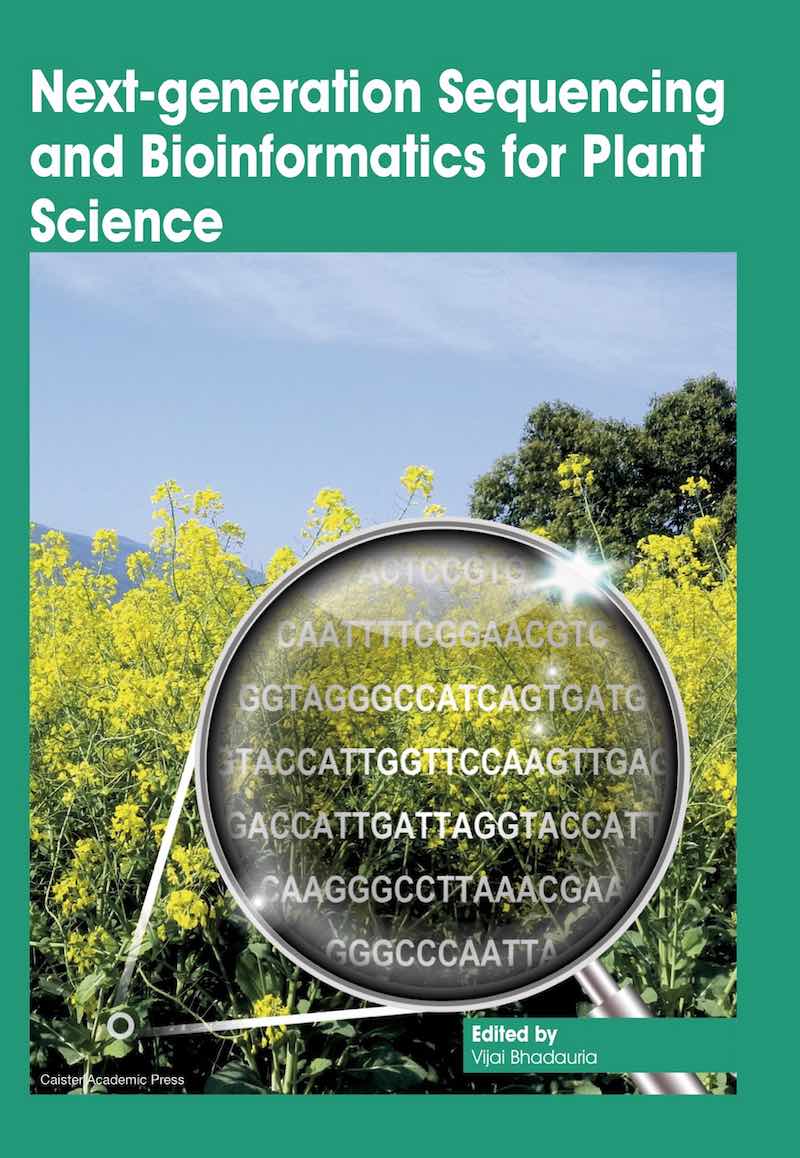Magnesium Concentration
Insufficient Mg2+ concentration in a PCR mixture can causes failure of the reaction. Excess magnesium (or the presence of manganese) will cause the fidelity of DNA polymerases to be reduced and may cause the generation of unwanted products. On a gel this can appear as a ladder or smear. The MgCl2 concentration should normally be between 1mM and 4mM. Since dNTPs sequester Mg2+ ions, a major change in the dNTP concentration in a rection would require a change in the concentration of MgCl2. Similarly, changing the KCl-based buffer concentration or any other component of the PCR mix may require adjustment of the Mg2+ concentration in the reaction mixture.
from PCR Troubleshooting: The Essential Guide see also PCR Troubleshooting and Optimization: The Essential Guide
Further reading
- Real-Time PCR: Advanced Technologies and Applications
- Real-Time PCR in Food Science: Current Technology and Applications
- Quantitative Real-time PCR in Applied Microbiology



